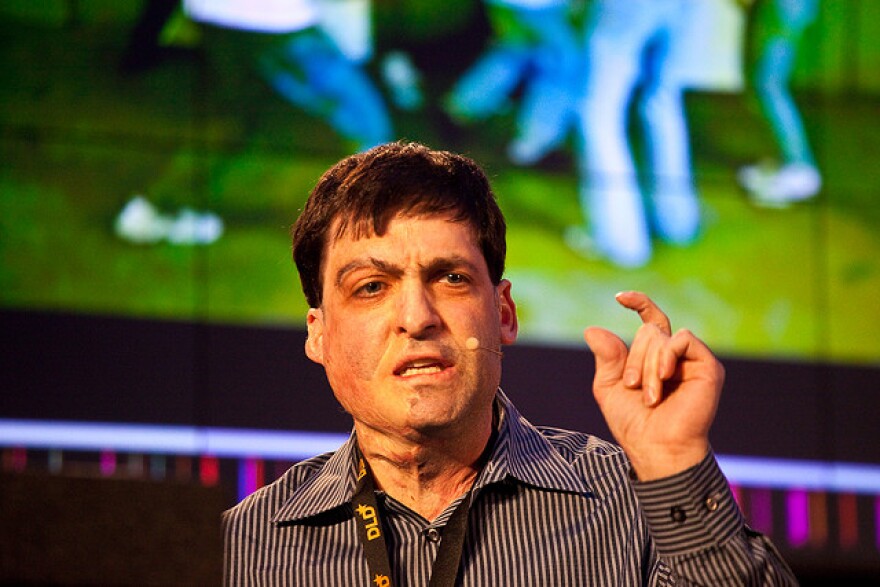credits his career to an accident that left him in a hospital bed for three years.
At age 17, Ariely suffered from third degree burns on most of his body after a chemical explosion.
It was his inability to move for long periods of time that allowed him to observe the nuances of human behavior.
Today, Ariely is a world-renowned social scientist. He writes a for The Wall Street Journal, answering questions about everything from why we lie to how to get kids to eat their vegetables.
Host Frank Stasio talks with Dan Ariely, at Duke UniversityÔÇÖs Fuqua School of Business, about his latest research, and Ariely takes questions from listeners.
ArielyÔÇÖs newest book is a compilation of his advice columns, called ÔÇťÔÇŁ (HarperCollins/2015).
╣¤╔˝app EditorÔÇÖs Note ÔÇô Adapted from NPR
Aug. 2, 2023
Since this article first published, researchers have raised concerns about a number of studies authored by Dan Ariely. Ariely, a professor of psychology and behavioral economics at Duke University, was a frequent guest on ╣¤╔˝appÔÇÖs former talk show The State of Things, appearing at least five times between 2015-2019.
One study in question included data from an insurance company that purported to show that people are more truthful when they sign an ethics declaration at the beginning of a form than at the end. In an independent review, a group of researchers found evidence of data fabrication in that study. You can read more about their findings here, along with . The insurance company that provided the data, The Hartford, released a statement to NPRÔÇÖs Planet Money in July 2023. In that statement, the company said that it had done a review of its records and that ÔÇťthere appear to be significant changes made to the size, shape and characteristics of our data after we provided it and without our knowledge or consent.ÔÇŁ You can hear the full Planet Money story and read the full statement from The Hartford .
Additionally, a second study ÔÇô in which Ariely reported reduced cheating among test-takers asked to recall the Ten Commandments before taking the test ÔÇô has not stood up to replication by other researchers. You can read more about that .









